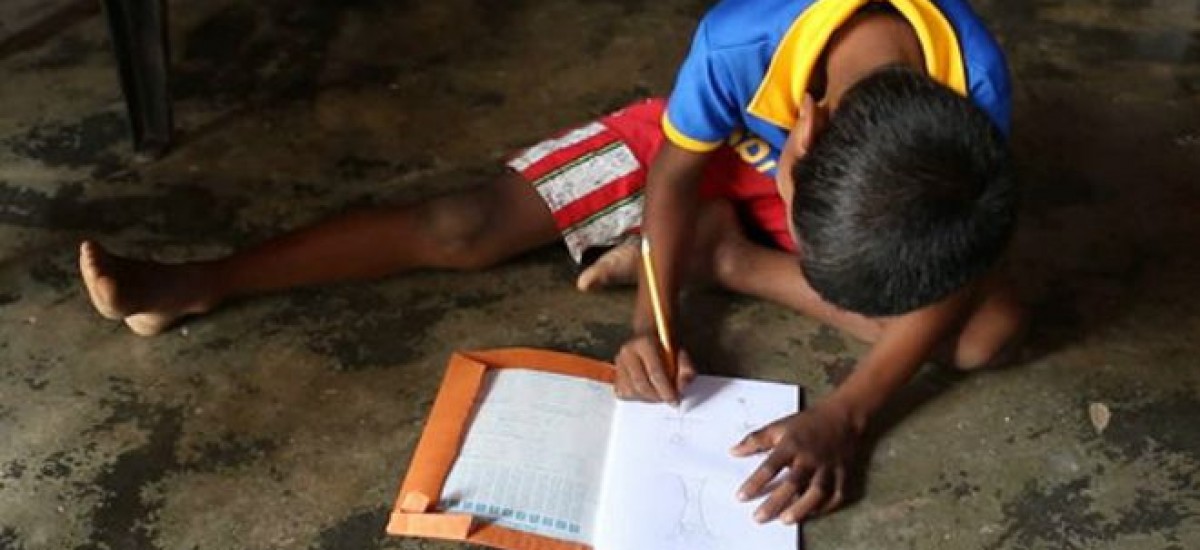Contending with Rejection and Exclusion: Take Two on the Kuliyapitiya Debacle
Featured image courtesy BBC
I preface this piece by acknowledging my own discomfort as an educator in addressing sticky issues of equity and justice in education. I was motivated to write this piece in view of recent events, particularly the rejection of the 6-year old boy (assumed to have AIDS), from public school. The point of this article is not to offer definitive conclusions concerning the issue that arose, rather it is an attempt to make visible complex socio-cultural realities that account for the processes which underlie unjust outcomes as experienced by this boy and his mother. To that extent this write-up is by no means a thorough analysis of the events surrounding this case; rather, I use this case as platform to draw attention to what might be are larger problem not only in how we “do” education, but perhaps more importantly, how we conduct the daily affairs of society.
There was much activity in taking up the plight of this young boy and to a lesser extent his mother, which I think is unfortunate. Here, I specifically target those who were outraged by the injustice caused as a means of expanding our understanding as we negotiate the sticky issues of social justice. While there is much to be appreciated in terms of how this event opened public debate on how issues of equality are taken up, what seemed to have gone unnoticed is the subtle under text that to me is worth troubling. The injustice which this boy and his mother were subjected to was attributed mostly to the lack of AIDS awareness, our flawed education system and the “ignorance” of the people in Kuliyapitiya. I argue, that the rejection of the boy and his mother calls for a nuanced analysis of the many factors that contributed to this turn of events. I seek to point out that the grave injustice imposed upon this boy and his mother is indicative of a far greater problem. The problem of how discourses of exclusion and rejection pervade our society and often go unnoticed unless it causes some kind of catastrophe. Sri Lanka has a long list of such cataclysms, which invoke significant backlash from those of us who consider ourselves, let’s say progressive (if an undertone of sarcasm is sensed, consider it intentional). However, this backlash at times lacks substance as we pay little or no attention to the actual practices and processes that generate them.


